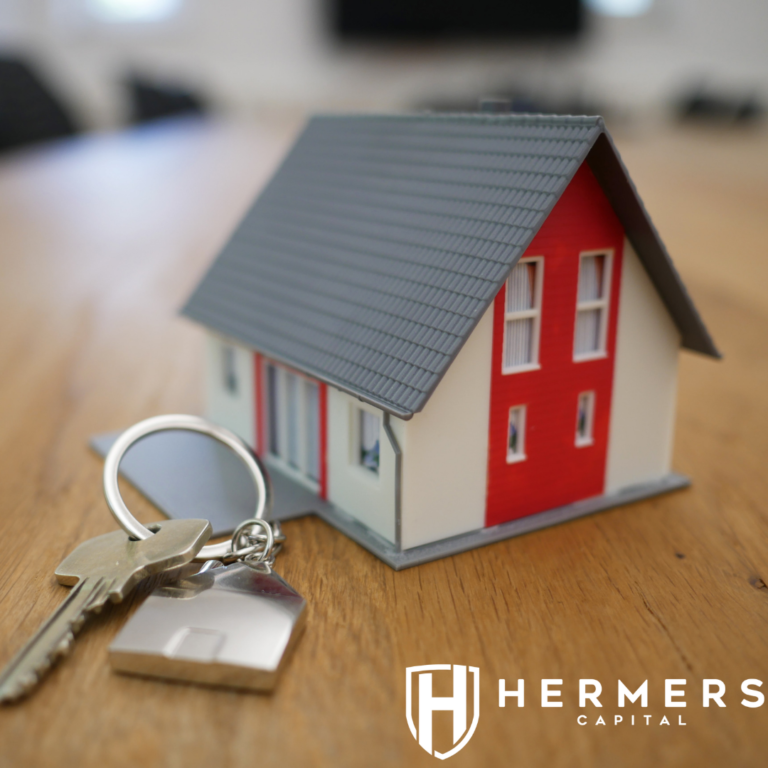
How to Live off Rental Property
In ten simple steps, you can live off your rental income. Earning passive income from rental properties is not rocket science; it takes a little dedication and hard work. Find out the ten simple steps that thousands of investors have chosen to become financially free through the rental income they receive from their property.
Rental income has the power to have financial security for you and your children. It ensures that you have more net revenue (which you don’t have to work for) coming in per month than you do in expenditures. You will exist forever without needing to go back to work.
You can not easily buy some property and start cashing in your rental income. You will only cashback the net gain if the payment is higher than the expense of the land. When you receive $1,600 in rent per month, pay $2,000 a month on the house so you won’t be willing to use the income for living expenditures.
The aim is to create a healthy cash flow of the assets. This is where your property earns you more in rent than you have to pay in expenses. When you receive $1,600 a month from your property and spend just $1,200 a month for your property’s costs, the property would have a positive cash balance of $400 a month. That’s $400 a month you should start living with.
How Much Do You Need To Live Off Rental Income?
Write down how much you’re making right now?
Are you happy with this amount of money? If not, how much do you think you’d be comfortable with (not rich but comfortable)?
Add 25 percent to that figure (e.g., if you want to make $100,000 a year, then add 25 percent to make $125,000 a year)
Divide by $52 ($125,000/52 = $2,403 / week)
You now know the exact amount of rental income you need to achieve financial freedom and start living off your rental income.
How Many Properties Do You Need To Be Financially Free?
Now we need to figure out how many properties you need to become financially free and live off your investments’ proceeds. We’re going to assume that you’ve paid off all of your mortgages and don’t have any debt left over the loans for this task.
- Please choose the amount of rental income that you believe is feasible for an investment property that you are likely to purchase (e.g., it would be $350 / week for me)
- Multiply this by 0.75 to take into account 25 percent of rental income as property expenses. My $350 / week is already $262.50 / week.
- Divide the initial weekly sum we measured above (for me, it was $2,403 / week) by the total weekly rental income we did in phase ii). This looks like $2,403/$262.50 = 9.15 for me.
- Now, round up to the next full number. To me, it’s 9.15 rounds up to 10. So I need ten properties that are currently earning $350 / week (no debts) to leave my job and live off my rental income.
10 Steps on how to live off rental income
- Secure the First Investment: You need to purchase your first investment property. To save your first investment property, you need to keep a deposit first. I’ve learned that the # 1 strategy to preserve your house deposit is first to compensate yourself and then practice (or invent away) to live off the remainder. Save a committed sum of money every single payday and either work off whatever is leftover or find a way to gain more income so that you can manage the month comfortably. The first deposit is always the most difficult. Then you can use cash flow and equity from your first investment property to help you purchase your remaining properties.
- Buy Your First Property Investment: Now that you have a deposit, you need to go out there and buy your first investment home. If appropriate, you want to look for a property with high rental income and strong capital development potential. Remember that the end aim is to expand the investments and eventually make the assets compensate for themselves plus some. Then you can take that plus a few and survive off that money. When you acquire the first house, you will purchase the principal place of residence (PPOI). You will also get the first home buyers to offer to assist with some of the land costs. You will still switch back eventually, rent the house back, and get your money from it.
- Minimize Your Expenses and Maximize Immediate Growth: To live off your rental income, you need to have more income than you have to pay for. When you first purchase the property, you may want to look for ways to minimize your expenses as much as possible so that you can create cash flow opportunities sooner. One of the key ways to do this is to get an interest-only loan. You only pay interest instead of paying off the principal and interest. This significantly reduces your monthly expenses and allows you to increase your rental income by starting to pay off your principal.
- Grow Your Rent Income: If you want to live off your rental revenue, growing your rental income is extremely helpful. Rent inherently grows over time, and you can do anything to increase rental income more rapidly than standard price rises. What’s unique about investment property is that most often, your revenue is improved by growth. Still, your hypothecary expenditures should remain the same.
- Strong cash flow generation: The goal of reducing our expenses and increasing our profits was to produce positive cash flows. It is here that the income is higher than the costs, and you get extra money to use it. Some people take their positive cash flow to pay off their debt, and some people use it to reinvest in more property and increase their portfolio. It is up to you if you use your cash flow, but it is a beautiful place to have cash flow. It means that your property pays for itself (plus some) even if you lose your work.
- Equity and cash flow reinvestment: You will be able to reinvest a portion of the income in more assets once you have your first property and increase its value and rent earnings as far as possible. The rental income of one feature is complicated to survive on, so you’ll want to purchase more properties and expand your portfolio. Read more about owning many properties. Just be careful not to stretch yourself to a comfortable degree of danger. Have professional financial advice before you agree on your investment.
- Debt or sustain interest-only slowly: If your wealth is rising, and your cash flow is stable, it might be time that your property debt is paid off with the positive cash flow. Over time, you will eventually reach where you have no mortgage on the property and have it free and simple. In this situation, you are not able to purchase a mortgage. If these significant expenses almost overnight vanish, your passive income will increase as you no longer have to pay back. Many people choose not to use all the extra cash flows, but rather keep their assets free of interest loans only. It reduces the monthly cash flow costs so that you can reinvest or use more beneficial cash flow for yourself. Interest loans will only save taxes, so also speak to a professional tax consultant.
- Taking the Long Length: You allow your property to value them for the long term, and you will benefit from the income it produces for years and years. As a result of inflation, rents will almost always rise naturally over time (subject to reasonable supply and demand). The rise in rent revenues enhances the condition of monthly cash flow. Your significant expenditures will remain constant (your hypothecary repayments). Many interest rate fluctuations occur, but you must stay constant unless you repay the money you owe. When your revenue increases faster than your expenses, you would naturally have more passive income to survive on.
- Secure your land: You would want to shield your property from disaster if you own many properties and rely on their rental income to cover their regular costs. If you do not defend them properly, one lawsuit may see you losing all ten assets. Speak to a specialist to secure your money. There are also ways to diversify the assets and achieve them with various legal bodies against lawsuits and disasters. That becomes particularly relevant as your exposure grows, and your litigation risk increases.
- Income from Living From Rental: You have acquired many properties and have them in a proper cash flow role. You have paid off your debts, or you can spare enough money to support your lifestyle, even with your obligations. You can now sit down and continue to live off your rental income. You may also choose to retire early, leave your work, and live off your property’s rental income if you earn more in positive cash flow than you receive at the workplace.
Living off rental income is easy!
You will abandon your work and life without rental income at 100 percent. This does not occur immediately, however. Everything takes time and hard work. Today, you will take action to achieve an eventual objective of financial independence if you plan to survive off your rental income.
A traveler once told Aristotle how to reach Olympus. There was a traveler. Responding Aristotle:
“Every step you take is in the right direction, just make sure.”
Make sure now you take steps in the right direction to enable the passive income generated by your investment properties to be withdrawn one day in the future.



